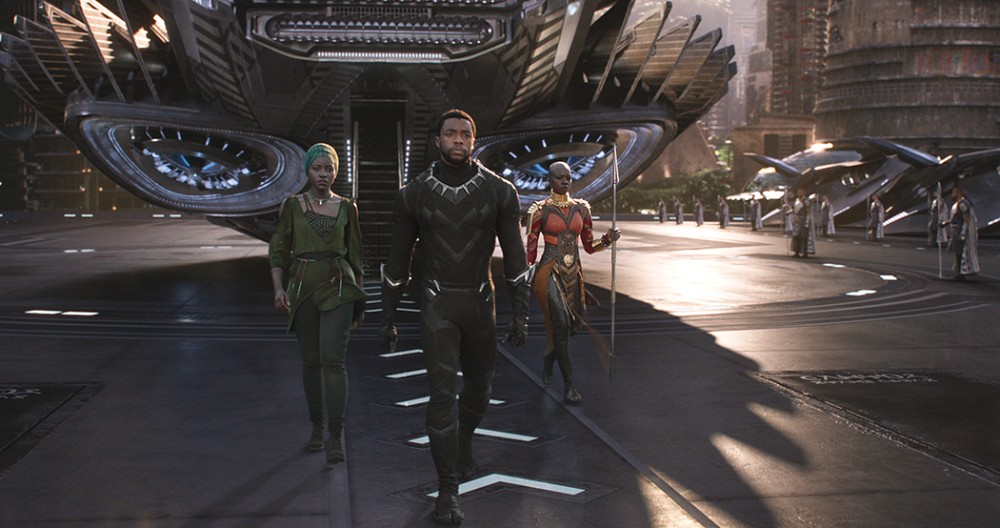The power of Wakanda
Getting millions of Americans to consider the merits of black armed revolution against global oppression is no small feat.

It is hard to overstate the excitement around or the significance of Black Panther, the newest film in the Marvel Cinematic Universe and the first to feature a black superhero and overwhelmingly black cast. The movie, directed by Ryan Coogler, has broken box-office records, inspired Twitter campaigns (#WakandaForever and #WhatBlackPantherMeansToMe to name just a couple), and generated enough provocative critical essays to keep you reading for a week.
The movie lives up to its hype. It excels as a superhero action film while pressing the boundaries of what the superhero genre can say about politics, diversity, and the power of fantasy to shape moral imagination.
At the center of the narrative and the vision of the film is Wakanda, a fictional central African country that is the kingdom of the Black Panther and an object of desire and debate for the central characters. Wakanda is home to the world’s largest deposit of vibranium, a fictional metal with quasi-supernatural properties. Over thousands of years of experimentation, Wakandans have marshaled the properties of vibranium to create the most technologically advanced civilization on earth. They have also used the super metal to cloak themselves from the outside world, thereby evading centuries of enslavement, massacre, and colonization that ravished the rest of Africa.



